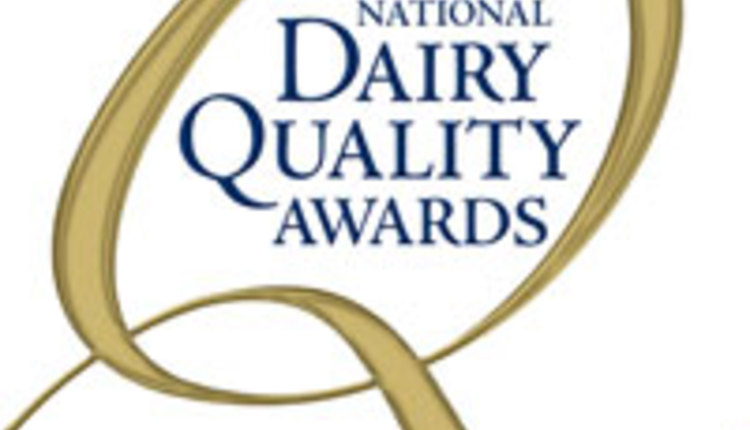
Facing many unknowns resulting from the COVID-19 pandemic, the University of Wisconsin–Madison College of Agricultural and Life Sciences has decided to modify its Farm and Industry Short Course (FISC) program for the 2020-2021 school year. The college will hold the beginning farmer training program online this year, with the expectation that FISC will return to on-campus instruction the following year.
“We decided to offer fewer courses and to offer them online this year to ensure the health and safety of our students, instructors and staff,” says FISC Program Director Jennifer Blazek. “This was a very difficult decision because in-person learning and on-campus residential experiences have always been a central part of the program. But with all of the uncertainty, we wanted to provide our students with predictable and flexible learning opportunities wherever they are.”
Blazek notes that FISC’s recent spring 2020 term ended very shortly before public health emergencies went into effect and moved UW–Madison students off campus. “Our timing was lucky last year,” she says. “Having to completely retool our programs in the middle of our 8-week terms would have been extremely difficult. With our approach for the coming year, we can create a high quality and stable learning experience online.”
FISC will offer two core courses through remote instruction during each term. During the fall term, which starts in late October, students can enroll in Business Principles of Agricultural Management and Introduction to Soils. In spring, they can take The Business of Agriculture and Agribusiness Feasibility Planning. All four courses are ideal for remote learning, teach topics and skills necessary for all farms and agribusinesses, and continue the tradition of connecting students with experts within the industry.
The two-course sequence including Business Principles of Agricultural Management and Agribusiness Feasibility Planning meets the Farm Service Agency’s educational requirement for their Beginning Farmer & Rancher Loan program.
Courses will be timed to fit into farm schedules, and will include a mix of concurrent learning experiences and videos that students can view when it works best for them. Students can enroll for both courses each term, or can choose courses individually during the year, depending on what best meets their goals.
Scholarships will continue to be available to students who apply. UW–Madison offers students access to loaned laptops to meet the technology needs for online learning.
“In a year that has presented Wisconsin agriculture with so many challenges and disappointments, we have an opportunity to test online learning with those looking to pursue a career in agriculture,” says Blazek. “We plan to use this unusual year to continue to expand and improve our programs so that we can offer courses that meet the needs of the industry – on-campus, online, or through other venues that serve students – well into the future.”
For information on applying to the program, tuition, fees and technical requirements to learn online, visit go.wisc.edu/FISC. Applications for the 2020-2021 school year are due by August 1.

